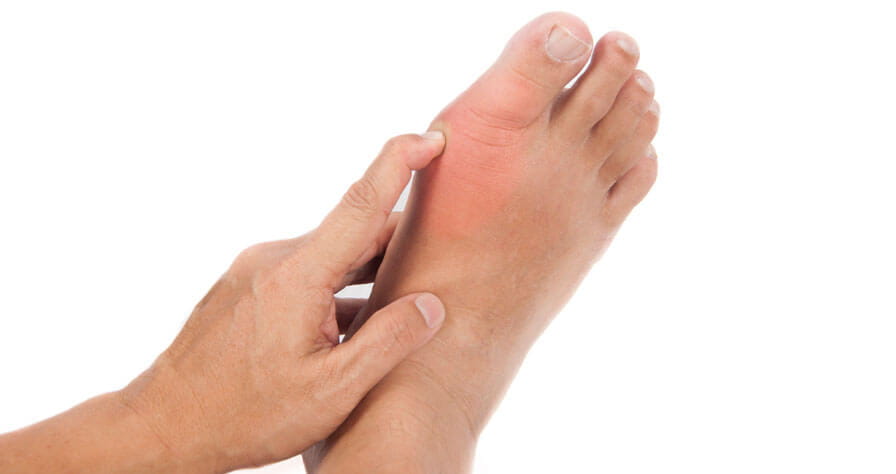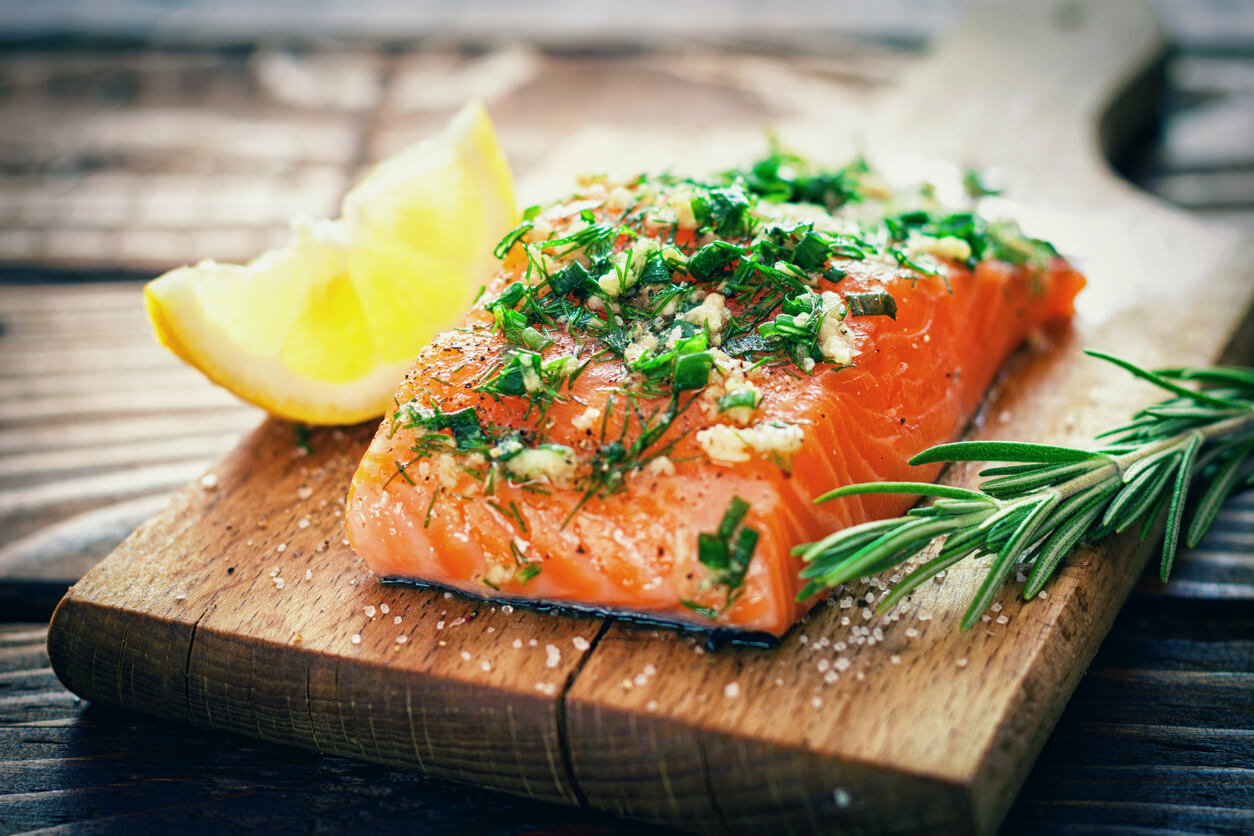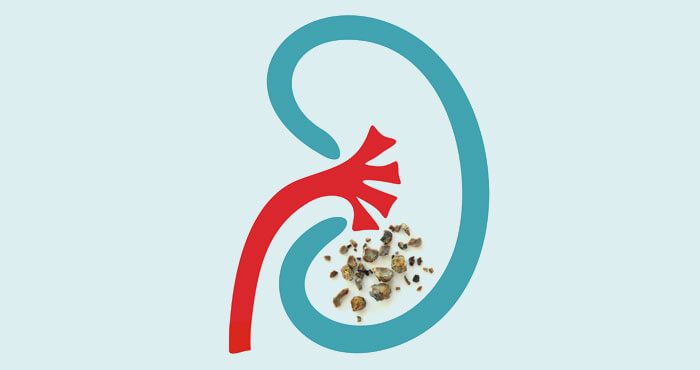Painful Gout Affecting More Americans

Over the past two decades, the number of American adults with the painful joint disease gout has soared. The blame has been placed on rising rates of obesity and high blood pressure.
Gout is characterized by sudden, severe attacks of pain, redness and tenderness in joints, often the joint at the base of the big toe. Gout – a complex form of arthritis – can affect anyone. Men are more likely to get gout, but women increasingly susceptible to gout after menopause.
Treatment for gout usually involves medications. During symptom-free periods these dietary guidelines may help protect against future gout attacks:
- Keep your fluid intake high. Aim for eight to 16 cups (about two to four liters) of fluid each day, with at least half being water. Limit how many sweetened beverages you drink, especially those sweetened with high fructose corn syrup.
- Limit or avoid alcohol. Talk to your doctor about whether any amount or type of alcohol is safe for you. Recent evidence suggests that beer may be particularly likely to increase the risk of gout symptoms, especially in men.
- Eat a balanced diet. Your daily diet should emphasize fruits, vegetables, whole grains and fat-free or low-fat milk products.
- Get your protein from low-fat dairy. Low-fat dairy products may actually be have a proactive effect against gout, so these are your best-bet protein sources.
- Maintain a desirable body weight. Choose portions that allow you to maintain a healthy weight. Losing weight may decrease uric acid levels in your body. But avoid fasting or rapid weight loss, since doing so many temporarily raise uric acid levels.
Need a physician or specialist? Our Baptist Health Physician Referral Service can help you find a physician near you. Go to baptisthealthkentucky.com for more information.



